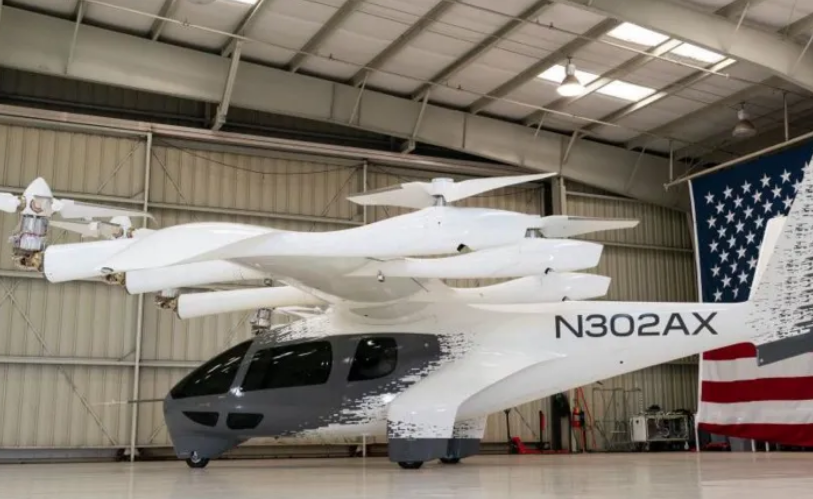Visitors to the 2028 Summer Olympic and Paralympic Games in Los Angeles may get a chance to soar above the city’s notorious traffic, thanks to a new partnership between LA28 organizers and California-based Archer Aviation. The agreement, announced Thursday, aims to introduce a flying taxi service during the Games, potentially revolutionizing how fans travel to and from Olympic venues.
Archer plans to deploy a fleet of electric vertical take-off and landing aircraft (eVTOLs), dubbed Midnight, to offer short air routes between key destinations. The piloted aircraft can carry up to four passengers and is designed to operate similarly to a helicopter — but with quieter engines, lower emissions, and vertical takeoff and landing capabilities. The service would allow flights lasting 10 to 20 minutes, drastically reducing travel time between Olympic sites.
While flying taxis have long been heralded as the future of urban transport, significant regulatory and technical hurdles remain. Archer’s aircraft has yet to be certified by the U.S. Federal Aviation Administration (FAA), a requirement before any commercial operations can begin. The company’s founder and CEO, Adam Goldstein, said he hopes to secure the critical Type Certification — which verifies design and safety standards — by the end of this year.
If successful, Archer’s air taxis would offer rides that Goldstein envisions costing about the same as a high-end Uber. Bookings would be made through a mobile app, providing passengers with a familiar, ride-share-style experience — only from the skies.
“There’s no better time to transform transportation in Los Angeles than during the LA28 Games,” Goldstein said in a statement. “We want to leave a legacy that changes how people move around cities across America.”
Backed by major companies like Boeing and United Airlines, Archer is among a growing number of firms racing to launch eVTOL services. Although initial plans to debut flying taxis during the 2024 Paris Olympics fell through due to regulatory delays, the 2028 Los Angeles Games could become a global showcase for the technology.
However, challenges remain. No eVTOL aircraft has yet received full FAA certification, and concerns about battery capacity, air traffic integration, and safety persist. Despite this, Archer and its partners remain optimistic.
The flying taxi project is part of a broader push to modernize transportation in Los Angeles, which is set to host its third Summer Olympics after 1932 and 1984. City officials have already announced that private cars will not be allowed at the Games, making alternatives like air taxis potentially critical.
Whether or not the Midnight aircraft take off in time, the LA28 Games are shaping up to be a testing ground for the future of urban mobility.


